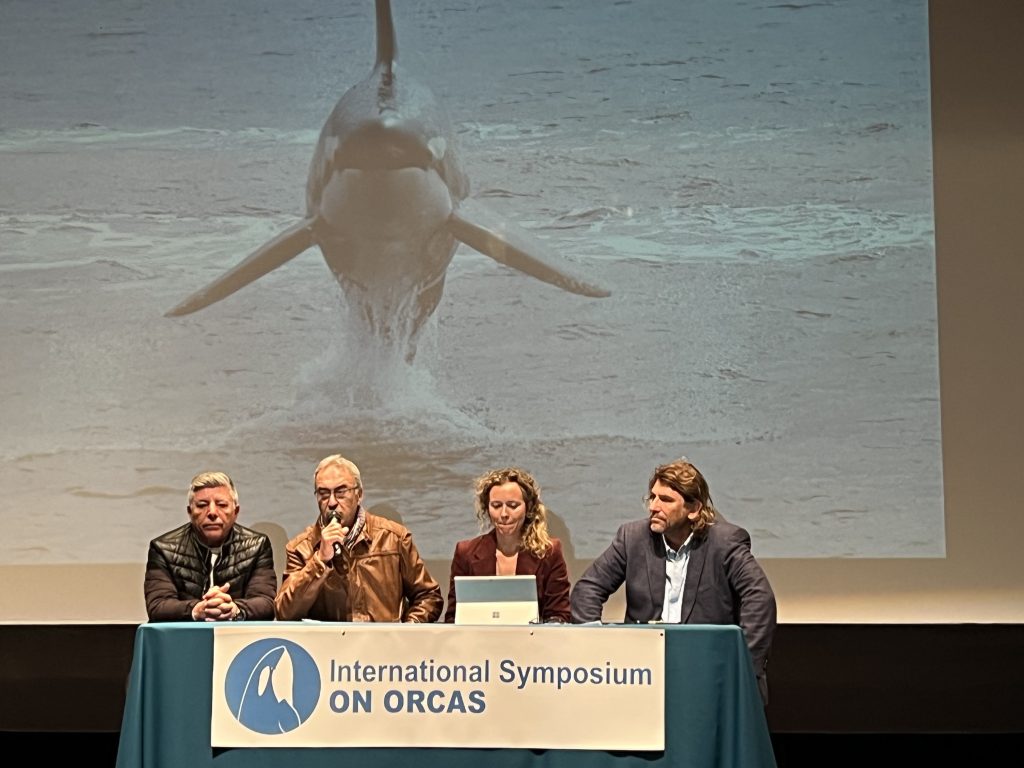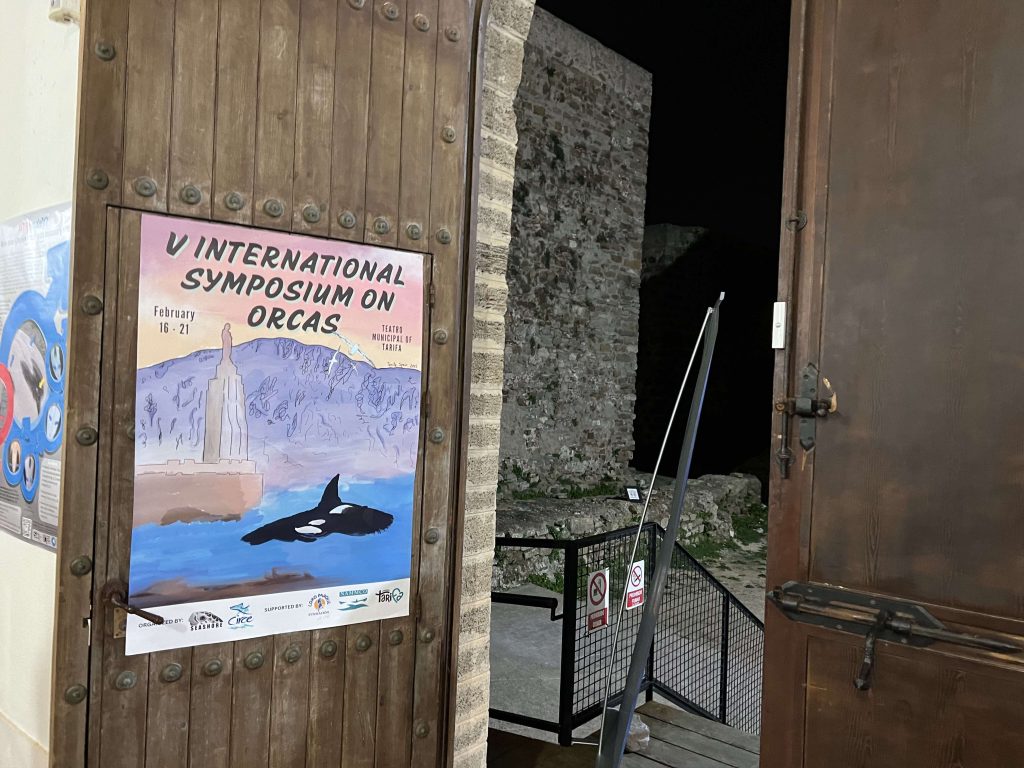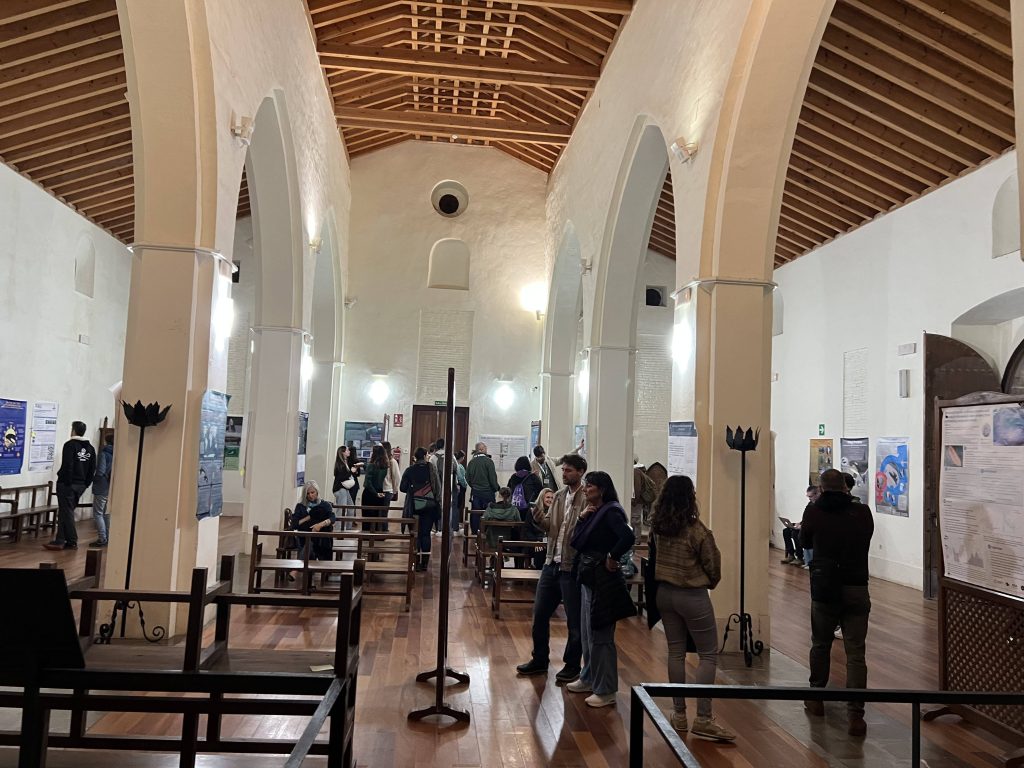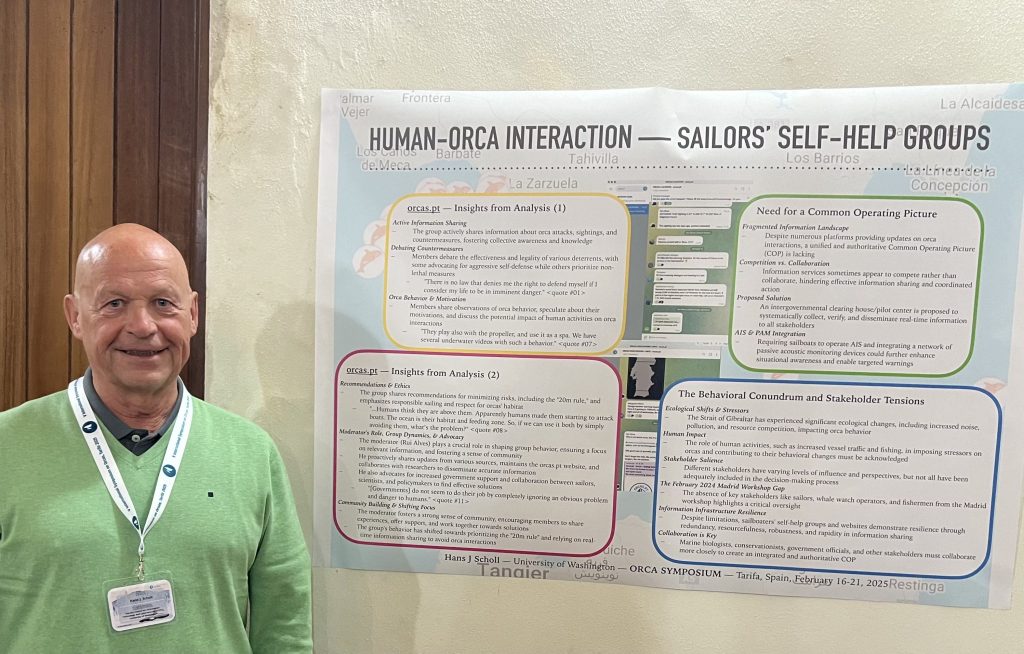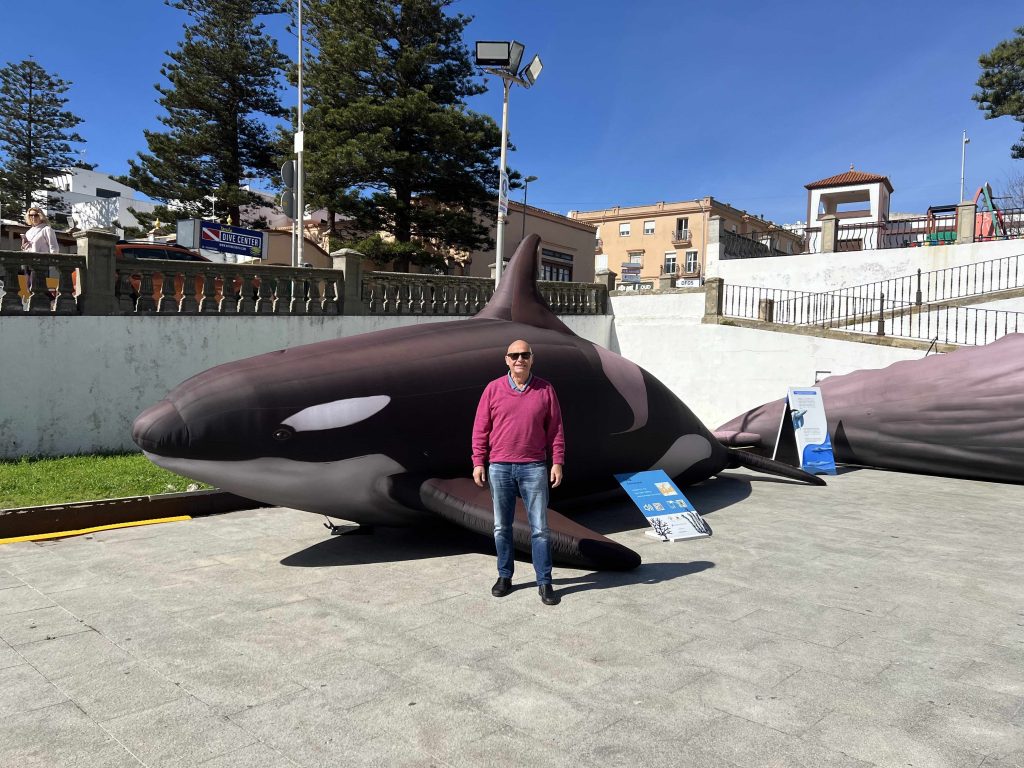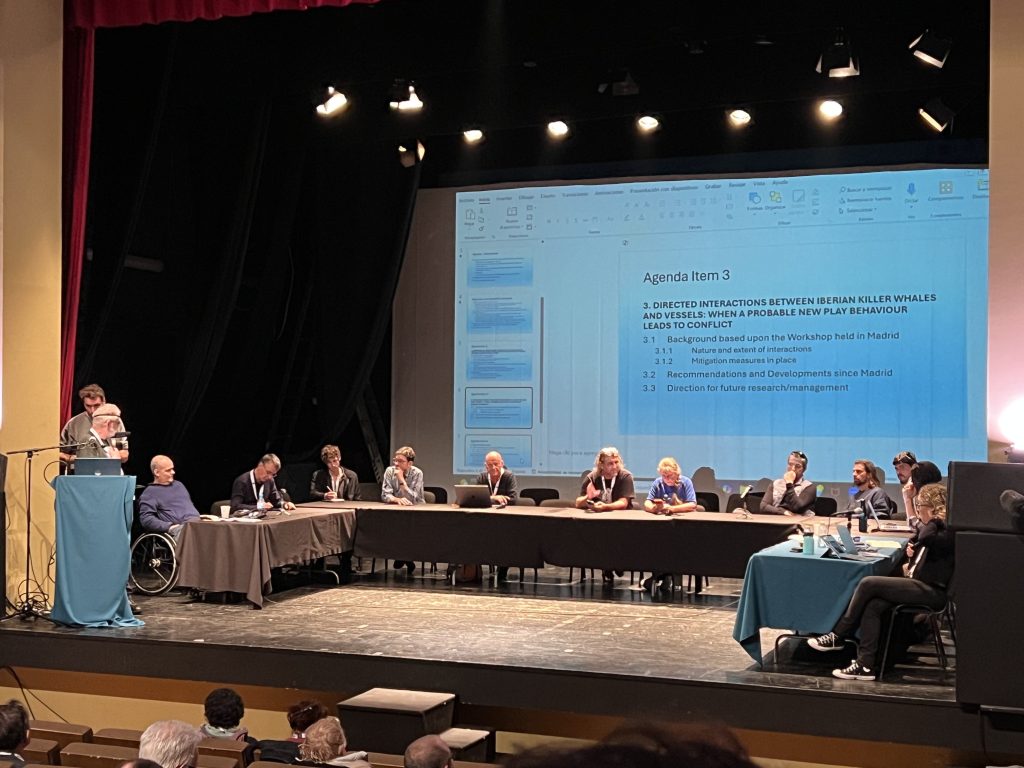After receiving quite positive feedback from both mariners and marine biologists I have created a Spanish-language version of the Orca Zone checklists and protocols, which can be downloaded here. Also, some minor corrections were incorporated into the English-language version, which is also available for downloading here. Any comments and suggestions for improvement are welcome.
Tras recibir comentarios muy positivos de navegantes y biólogos marinos, he creado una versión en español de las listas de verificación y protocolos de Orca Zone, que puede descargarse aquí. Además, se incorporaron algunas correcciones menores a la versión en inglés, que también está disponible para descargar aquí. Cualquier comentario o sugerencia de mejora es bienvenida.

